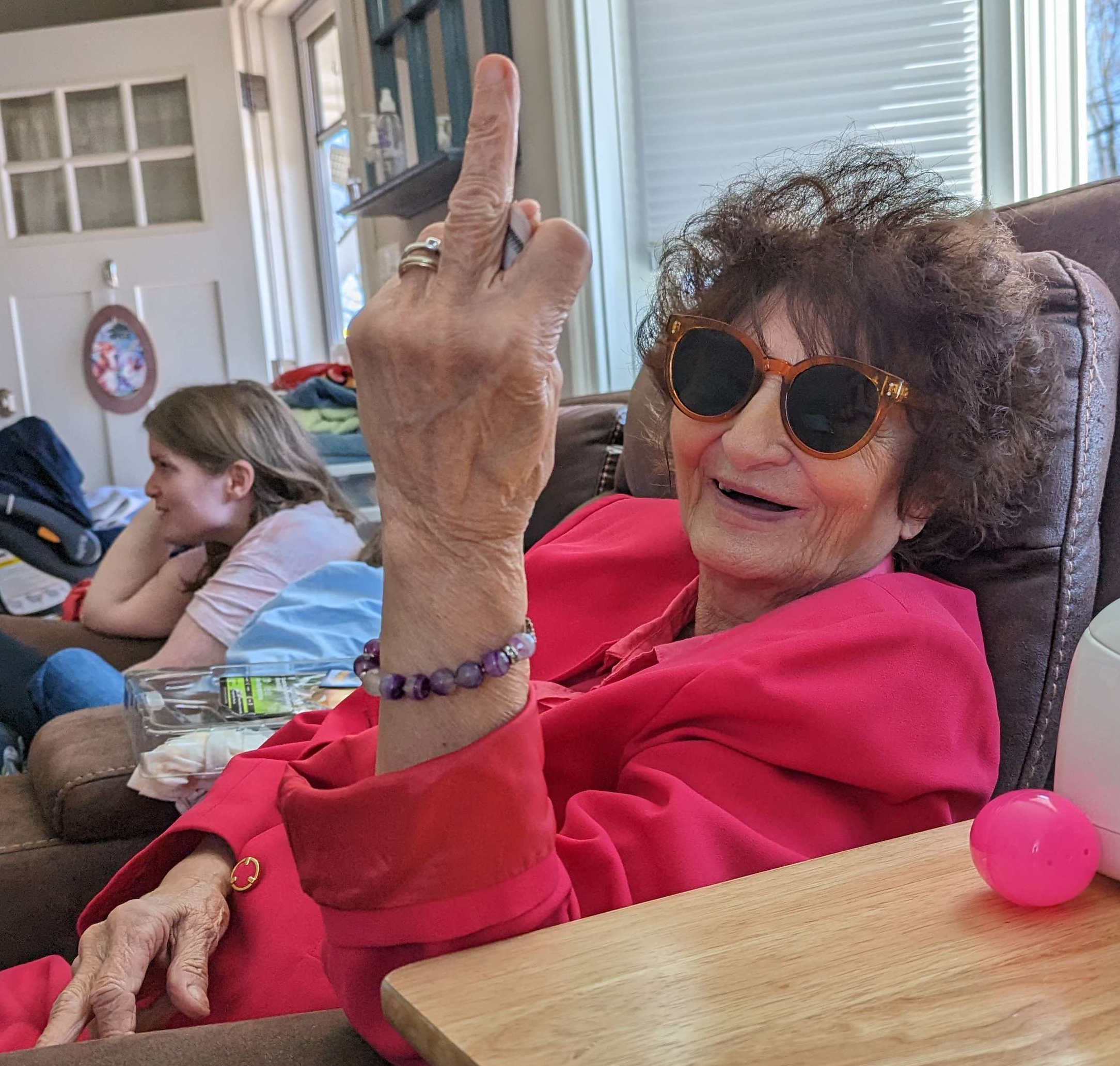I have seen in many US shows where they portray guys who are living with parents as losers, or there are jokes or memes about it, I never get it.
Implication is that you’re incapable of being self sufficient.
Too broke to move out, your parents still cook for you / do your laundry, can’t bring a girl home without your parents hearing you get it on, etc.
Traditionally, being self sufficient enough to move out of your parents house and live on your own was considered a major, basic, and early benchmark of growing up, adulthood, and success. Sort of like taking your first steps, it was just considered a “bare minimum” benchmark.
That impression, the idea of moving out on your own being the bare minimum start to being a successful adult, has not kept up with the modern age and the economy we’ve grown up in. The idea that anyone should be able to move out on their own came about in an age when a single adult working a basic job full time could afford a house and support a family on their income alone. That just is not even close to the case now, but some societal memes take longer to change than others.
deleted by creator
It isn’t anymore. That’s dead.
It was, like 25 years ago. Well, maybe 15 years ago.
Pre-2007.
Because back then people were making good money out of college, and they were able to buy a house for themselves. Shit, they didn’t even need to go to college. As long as you were working hard before 2007, and you were going to be able to find a down payment on a house as long as you didn’t have some kind of financial affliction.
That’s not to say that gen X had it easy as compared to those before them, but there’s a clear separation.
Millennials tried their hardest not to live at home, just because of the social stigma.
Gen Z is feeling that stigma less. That’s why you’re probably here questioning why it’s even a thing. You’re probably Gen Z.
Jen alpha won’t see it as strange.
I really hope the stigma goes away because unless the world economy improves, a lot of people will have to stay with parents until a lot later in life.
It is a cultural thing though. It’s not an issue at all in most of SE Asia.
So i started living back with my mom when i was in my late 20s, i lost a 70k job due to bullshit. Then i got back to working hoping to move out… and… covid hit… i was laid off after a year, and i just havent got back to working. I live with my mom who is disabled and in very bad health over conditions i dont know how to spell. Then i got a dui after my old boss died, i wasnt even driving just sitting in the car drunk by a lake. So now i cant drive for another couple years and am finding it hard to work some whete close that i can get a ride that also doesnt make me be around a shit ton of people who i might get sick from and then bring it back to my mother.
No i didnt answer your question, but i tried to outline the why of someone living back with their parents.
Wow someone down voted me in 4 minutes. Bot? Or just some asshole?
Why care about downvotes?
Because he was open and vulnerable and shared a very personal part of his life and immediately someone down voted him.
Dont down vote him, he’s right in questioning me. I actually thought more about my response because of him.
Today is the day you stop drinking my friend
I have interviews coming up, so fuck it after tonight i won’t drink till i work toward a new job.
Give us an update when you get a new job, see how long you can go :)
are you from east or southeast or south Asia
Yes
American culture values independence and individualism. The perception is that if you don’t “move out” it’s because you are dependent. If you decide to take care of your parents later, they move in with you and not the other way around.
It can be a bad thing for your parents if you are not contributing in any way. Humiliation doesn’t always help in promoting self-improvement but it is a social tool that establish social expectations. Producing value is expected in most societies. What changes is what value ought to be defined.
Why is being economically disenfranchised corrolated to not producing value? I could understand an inverse corrolation however.
That’s a different subject. Bringing the bacon is not excluded by what i said but contribution can take many different forms.
Producing value is expected in most societies.
How did you not connect producing value with ownership of property?
Think of art for example.
Art has value and needs to be produced. What is the conclusion you want to make about it with regards to ownership of property?
I’m not sure ownership of property was on the table. I was thinking more being dependent on parental support.
You are right that you did not mention being a home owner anywhere, but the inability for people to be so is a very fair reason to want to be living at home. That young people cannot be financially independent is a problem made by the older generations. The same young people may be working and contributing at home, without having said economic freedom.
In Finland it’s very easy to move on your own because the government will basically pay your living costs if you don’t have any money. So very few people live with their parents past 20 years.
Just another reason I like the nordic countries. So much support for its citizens.
Source: 30+ y/o American living with their aunt, who also can’t afford rent solo after a divorce.






